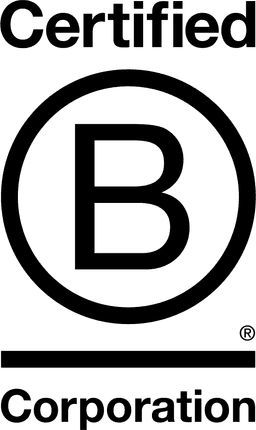

T.T. TECNOSISTEMI SPA SB

Province of Prato, Italy
November 2024
Other info service activities
Service with Minor Environmental Footprint
Italy
Founded in 1984, TT Tecnosistemi is a system integrator specializing in Information and Communication Technology for both the private and public sectors. Over the years, it has progressively evolved, expanding its product and service portfolio, targeting larger clients, and leveraging its expertise to become one of the largest ICT companies in Italy. TT Tecnosistemi designs, implements, and delivers ICT solutions of any complexity. TT Tecnosistemi operates with passion, humility, and pragmatism, integrating sustainability into its business model with a sense of urgency driven by today’s challenges. For 40 years, it has remained committed to people, communities, and the environment. In 2021, the company became a "Benefit Company," a legal designation that formalizes its commitment to generating and annually reporting positive impacts for all stakeholders, not just shareholders. To make this transformation tangible, it has restructured its internal processes to align with sustainability principles. For instance, it actively pursues the United Nations' 2030 Agenda Sustainable Development Goals through its technological solutions. This journey requires significant changes in how the organization operates, permeating every level of the company and its value chain. TT Tecnosistemi r
Overall B Impact Score
Governance 19.0
Governance evaluates a company's overall mission, engagement around its social/environmental impact, ethics, and transparency. This section also evaluates the ability of a company to protect their mission and formally consider stakeholders in decision making through their corporate structure (e.g. benefit corporation) or corporate governing documents.
What is this? A company with an Impact Business Model is intentionally designed to create a specific positive outcome for one of its stakeholders - such as workers, community, environment, or customers.
Workers 33.1
Workers evaluates a company’s contributions to its employees’ financial security, health & safety, wellness, career development, and engagement & satisfaction. In addition, this section recognizes business models designed to benefit workers, such as companies that are at least 40% owned by non-executive employees and those that have workforce development programs to support individuals with barriers to employment.
Community 17.1
Community evaluates a company’s engagement with and impact on the communities in which it operates, hires from, and sources from. Topics include diversity, equity & inclusion, economic impact, civic engagement, charitable giving, and supply chain management. In addition, this section recognizes business models that are designed to address specific community-oriented problems, such as poverty alleviation through fair trade sourcing or distribution via microenterprises, producer cooperative models, locally focused economic development, and formal charitable giving commitments.
Environment 9.9
Environment evaluates a company’s overall environmental management practices as well as its impact on the air, climate, water, land, and biodiversity. This includes the direct impact of a company’s operations and, when applicable its supply chain and distribution channels. This section also recognizes companies with environmentally innovative production processes and those that sell products or services that have a positive environmental impact. Some examples might include products and services that create renewable energy, reduce consumption or waste, conserve land or wildlife, provide less toxic alternatives to the market, or educate people about environmental problems.
Customers 4.2
Customers evaluates a company’s stewardship of its customers through the quality of its products and services, ethical marketing, data privacy and security, and feedback channels. In addition, this section recognizes products or services that are designed to address a particular social problem for or through its customers, such as health or educational products, arts & media products, serving underserved customers/clients, and services that improve the social impact of other businesses or organizations.